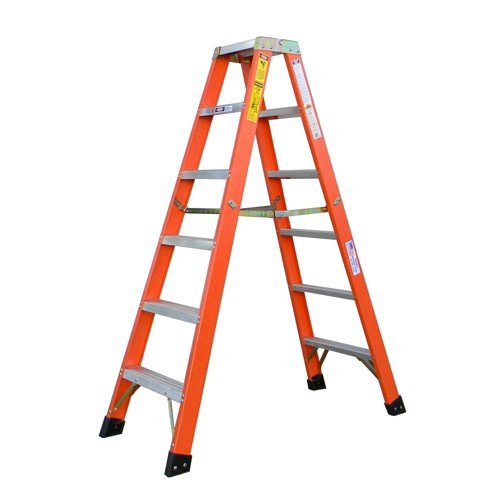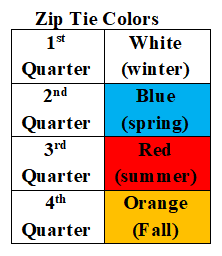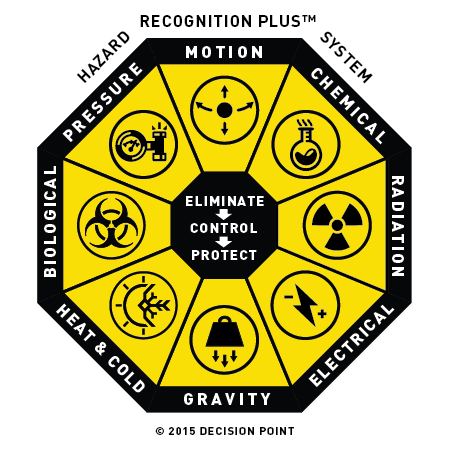Title Page
-
Ladder ID
-
Material of Ladder
-
Size (ft.)
-
Department
-
Department name?
-
Location of Ladder
-
Date of Inspection
-
Prepared by
-
All ladders will have either a brass or colored tag with an identification number or a clearly visible equipment number for accountability and inspection purposes.
-
When inspecting a ladder consider the following points:
-
Steps: Loose, Cracked, Bent, or Missing
-
Why is this not applicable?
-
Rails: Cracked, Bent, Split, or Frayed Rail Shields
-
Why is this not applicable?
-
Labels: Missing or Not Readable
-
Why is this not applicable?
-
Pail Shelf: Loose, Bent, Missing, or Broken
-
Why is this not applicable?
-
Top: Cracked, Loose, or Missing
-
Why is this not applicable?
-
Spreader: Loose, Bent, or Broken
-
Why is this not applicable?
-
General: Rust, Corrosion, or Loose
-
Why is this not applicable?
-
Other: Damage to Bracing, Shoes, or Rivets
-
Why is this not applicable?
Post Audit
-
If there are no deficiencies found and the equipment is deemed safe and operational, attached the appropriate color zip tie and return the equipment to its regular storage location.
-
Any equipment that does not have the appropriate color zip tie will be considered unsafe and/or inoperable until an inspection and functions check is completed and the appropriate zip tie is attached
-
If there is a deficiency or malfunction found that renders the equipment unsafe or inoperable tag it with a red “Do Not Operate” tag and completely remove it from service.
-
Defective equipment should be held in a central location where it cannot be confused as a serviceable piece of equipment, it will remain in this location until it can be properly disposed of.
-
Ladder Inspection Results
- Damaged - tagged as damaged and removed from use
- Good condition - tagged and returned to use
-
Other Comments or Corrective Actions not otherwise mentioned
-
Signature of Person Inspecting

















